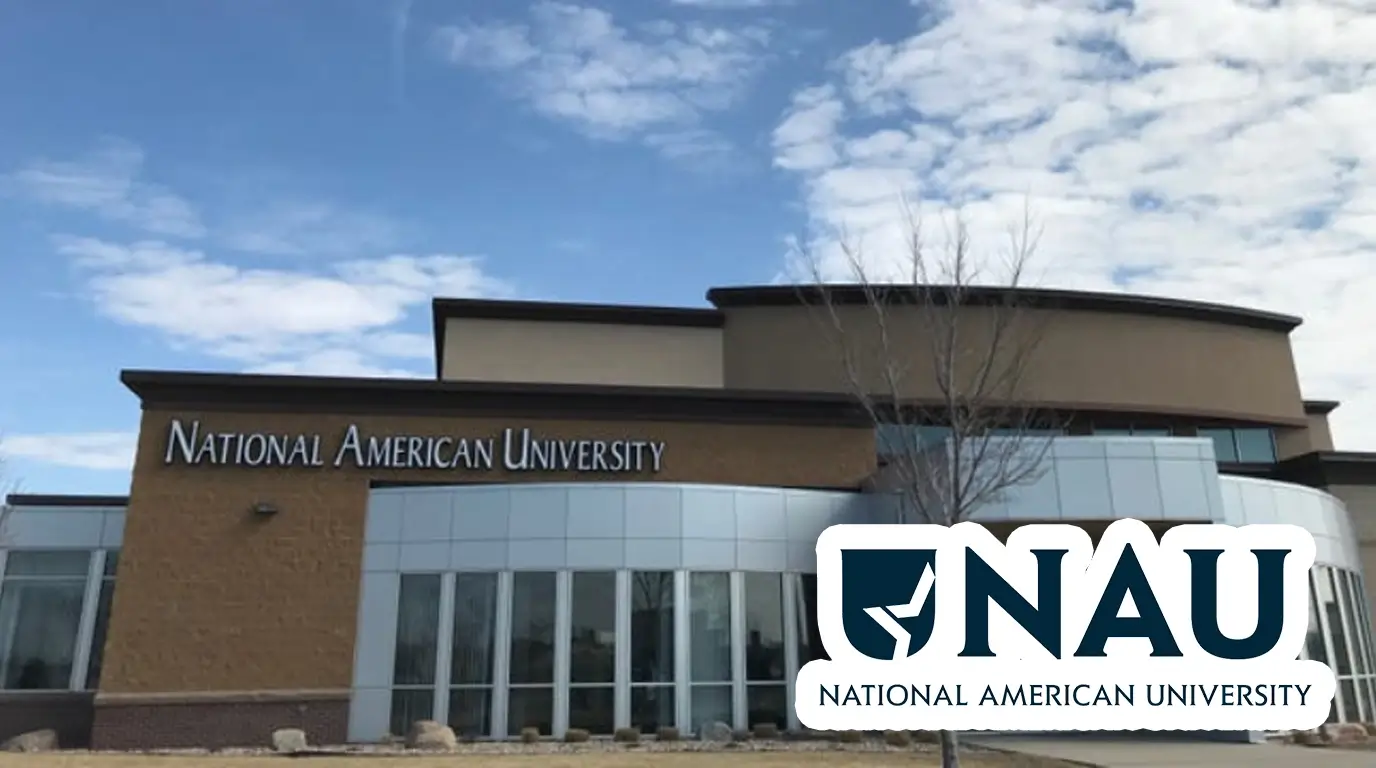Becoming a Paralegal in Pennsylvania – Your State-Specific Guide
Ever wondered if you could dive into the legal world in Pennsylvania without spending years in law school? Becoming a paralegal in Pennsylvania might just be your ticket. I’ve spent years working alongside paralegals, watching them become the backbone of law firms, government agencies, and corporate legal departments across the state. It’s a career that’s rewarding, fast-paced, and—here’s the kicker—doesn’t require you to take the bar exam. In 2023, Pennsylvania employed over 12,000 paralegals, according to the Bureau of Labor Statistics, and that number’s only growing. So, what does it take to join their ranks? This guide’s got you covered with everything you need to know, tailored specifically to the Keystone State.
Paralegals are the unsung heroes of the legal system—handling research, drafting documents, and keeping cases on track under attorney supervision. In Pennsylvania, with its rich legal history and bustling cities like Philadelphia and Pittsburgh, the demand for skilled paralegals is strong. Whether you’re eyeing a gig at a big law firm or a quieter role in a rural county, this page will walk you through the steps, from education to job prospects, all with a Pennsylvania twist.
Paralegal Definition and Regulation in Pennsylvania
Does Pennsylvania Legally Define “Paralegal”?
Here’s the thing: Pennsylvania doesn’t have a strict legal definition for “paralegal” carved into its statutes. The term floats around as a practical one—someone who assists lawyers with substantive legal work but isn’t licensed to practice law. Think of it as a job shaped more by tradition and necessity than by a rulebook. The Pennsylvania Bar Association doesn’t pin it down either, leaving it to employers and national standards to fill in the blanks.
Are There Any State Regulations for Paralegals in Pennsylvania?
No mandatory state regulations exist for paralegals in Pennsylvania—no license, no required exam, nothing like that. You won’t find a state board breathing down your neck. That said, there’s a voluntary credential worth noting: the Pennsylvania Certified Paralegal (PaCP), overseen by the Keystone Alliance of Paralegal Associations (KAPA). It’s not required, but it’s a badge of honor that shows you’ve got the chops—education, experience, and a commitment to the gig. More on that later.
Ethically, though? You’re tied to the attorneys you work for. Under Pennsylvania’s Supreme Court Rule 5.3, lawyers are responsible for your conduct. That means you’re held to high standards—confidentiality, competence, no stepping over the line into practicing law—but it’s all through the lens of attorney supervision. No solo legal advice here; you’re part of a team.
Key Takeaway
- Pennsylvania keeps it loose: no legal definition or mandatory regs, but voluntary certification (PaCP) is an option, and ethical oversight comes via supervising attorneys.
Education Requirements and Recommended Programs in Pennsylvania
Are There Specific Educational Requirements in Pennsylvania to Become a Paralegal?
Legally? Nope, Pennsylvania doesn’t demand a specific degree to call yourself a paralegal. You could technically walk into a law firm with a high school diploma and some grit, and if they train you, you’re in. But let’s be real—most employers want more. In my years advising folks breaking into this field, I’ve seen the job market lean hard toward candidates with formal training. An Associate’s degree in paralegal studies, a Bachelor’s in legal studies, or a paralegal certificate? That’s the sweet spot.
A lot of Pennsylvania employers—especially the big firms in Philly or Pittsburgh—prefer programs approved by the American Bar Association (ABA). It’s not a must, but it’s a signal you’ve been trained right. ABA-approved programs cover the nuts and bolts: legal research, writing, ethics, and real-world skills like drafting pleadings. Without that, you’re playing catch-up.
Recommended Paralegal Education Programs in Pennsylvania
If you’re serious about becoming a paralegal in Pennsylvania, here’s where I’d start looking. These programs stand out for their reputation, hands-on training, and—where noted—ABA approval:
- Community College of Philadelphia – Offers an ABA-approved Associate in Applied Science in Paralegal Studies. Great for Philly locals, with a focus on tech skills like e-discovery.
- Duquesne University Thomas R. Kline School of Law Paralegal Institute – A top-tier certificate program (ABA-approved) in Pittsburgh. Flexible online options make it a gem for working folks.
- Harrisburg Area Community College (HACC) – Another ABA-approved Associate’s program, plus a post-baccalaureate certificate if you’ve already got a degree. Multiple campuses across central PA.
- Bucks County Community College – ABA-approved Associate’s and certificate options in Newtown. Known for practical internships.
- Pennsylvania College of Technology – In Williamsport, this offers ABA-approved Bachelor’s and Associate’s degrees, plus a unique nurse-healthcare paralegal certificate.
These are just a handful—Pennsylvania’s got over 20 schools with paralegal programs—but they’re solid starting points. Check out more ABA-approved programs if you want the full list.
Online Paralegal Programs for Pennsylvania Residents
Can’t make it to campus? Online options are a lifesaver. Duquesne’s program, for instance, is fully online, and schools like Penn Foster offer flexible paralegal certificates too. They’re perfect if you’re juggling a job or family. Plus, Pennsylvania employers don’t care where you studied as long as you’ve got the skills—and maybe that PaCP credential to back it up.
Key Takeaway
- No mandatory education, but an Associate’s, Bachelor’s, or certificate is the norm.
- ABA-approved programs give you an edge with employers.
- Top picks: CCP, Duquesne, HACC, Bucks, and Penn Tech—mix of in-person and online.
Paralegal Certification and Credentials in Pennsylvania
Is State-Specific Paralegal Certification Available or Mandatory in Pennsylvania?
No state-mandated certification here—it’s all voluntary. But the Pennsylvania Certified Paralegal (PaCP) credential, run by KAPA, is a big deal. To snag it, you need a mix of education (like a paralegal degree or certificate) and experience (one to five years, depending on your schooling). It’s not required, but I’ve seen it open doors, especially with firms that value that extra polish.
Nationally Recognized Certifications Relevant in Pennsylvania
Beyond the PaCP, national certifications can boost your cred in Pennsylvania too:
- NALA’s Certified Paralegal (CP) – Offered by the National Association of Legal Assistants, it’s a gold standard. Pass the exam, and you’re showing serious commitment.
- NFPA’s CORE Registered Paralegal (CRP) – From the National Federation of Paralegal Associations, this one’s respected for its focus on core skills.
Both need education and an exam, and in Pennsylvania’s competitive market, they can set you apart.
Benefits of Certification in Pennsylvania
Why bother? Credibility, for one. Certified paralegals in Pennsylvania often land better gigs—think higher pay, more responsibility. I’ve talked to hiring managers who say it’s a tiebreaker between candidates. Plus, it’s a networking boost; associations like NALA connect you to pros statewide. Salary-wise, certified folks can push past the state average—more on that soon.
Key Takeaway
- No mandatory certs, but PaCP is a strong state-specific option.
- National creds like NALA CP and NFPA CRP add clout.
- Certification = better jobs, pay, and connections.
Paralegal Associations in Pennsylvania
List State-Level Paralegal Associations in Pennsylvania
Networking’s half the game in this field. Here’s where to plug in:
- Keystone Alliance of Paralegal Associations (KAPA) – Oversees the PaCP and unites paralegal groups statewide.
- Philadelphia Association of Paralegals (PAP) – Big in Philly, with events and job leads.
- Pittsburgh Paralegal Association (PPA) – Over 450 members strong, tied to national groups.
- Montgomery County Paralegal Association (MCPA) – Job banks and seminars for suburban pros.
- Central Pennsylvania Paralegal Association (CPPA) – Covers Harrisburg and beyond, great for CLE.
Benefits of Joining a Paralegal Association in Pennsylvania
These groups are goldmines. You’ll find job boards—like MCPA’s exclusive listserv—plus continuing legal education (CLE) to keep your skills sharp. Networking events? They’re clutch. I’ve seen newbies land interviews just by showing up to a PAP mixer. Plus, you stay in the loop on industry trends, which matters in a state with such a diverse legal scene.
Key Takeaway
- Top associations: KAPA, PAP, PPA, MCPA, CPPA.
- Perks: jobs, CLE, networking—vital for growth in Pennsylvania.
Job Market Outlook and Salary for Paralegals in Pennsylvania
Current Job Market for Paralegals in Pennsylvania
Pennsylvania’s legal market is humming. The Bureau of Labor Statistics pegged paralegal employment at 12,530 in 2023, with Philly ranking sixth nationally for metro-area jobs. Law firms dominate, but don’t sleep on corporate legal departments, banks, and government agencies—think PennDOT or the Attorney General’s office. Rural areas like York or Erie have openings too, often with smaller firms needing versatile players. Check out the latest trends on job market for paralegals.
Average Paralegal Salary in Pennsylvania
Money talk: the average paralegal salary in Pennsylvania hit $65,940 in 2023, per the BLS. Entry-level? You’re looking at $45,000–$55,000. With experience, certification, or a specialty like corporate law, you could climb to $80,000 or more—top earners hit $92,560. Location matters: Pittsburgh and Philly pay higher (think $55,000–$65,000), while Allentown’s closer to $46,000. Curious? Dig into more at paralegal salaries.
Job Growth Projections for Paralegals in Pennsylvania
Growth looks solid. Pennsylvania’s projected to add 530 paralegal jobs by 2032—a 4.8% bump, slightly above the national 4.2%, says Projections Central. That’s 1,190 openings yearly, factoring in replacements. Demand’s tied to legal services expanding and firms leaning on paralegals to cut costs. Data’s fresh from The Bureau of Labor Statistics.
Key Takeaway
- Jobs: 12,530 employed, strong in Philly and Pittsburgh.
- Salary: $65,940 average, $45K–$92K range.
- Growth: 4.8% by 2032, 1,190 annual openings.
Key Takeaways: Steps to Becoming a Paralegal in Pennsylvania
Ready to jump in? Here’s your roadmap:
- Research paralegal education programs in Pennsylvania—start with the ones above.
- Pick your path: Associate’s, Bachelor’s, or certificate.
- Consider ABA-approved programs for an edge.
- Explore certifications like PaCP or NALA’s Certified Paralegal (CP).
- Join a Pennsylvania paralegal association—KAPA’s a must.
- Kick off your job hunt, targeting Pennsylvania’s legal hotspots.




